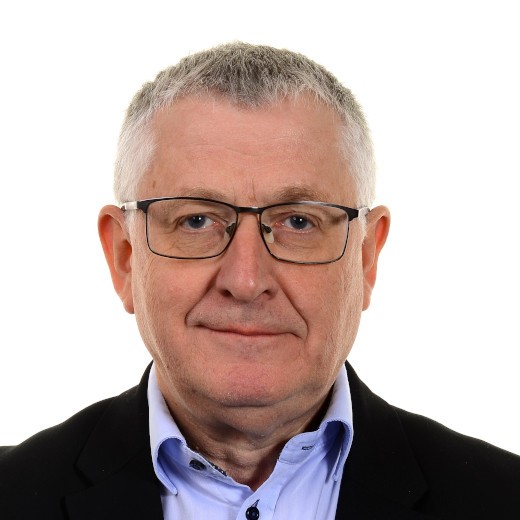Published 04. Nov. 2019
FED sub-project: Smart heat management makes holiday houses with pools more climate-friendly
Holiday houses in Blåvand - a tourist town in southwest Jutland – will be able to reduce CO2 emissions significantly by controlling heating according to the production of wind energy.
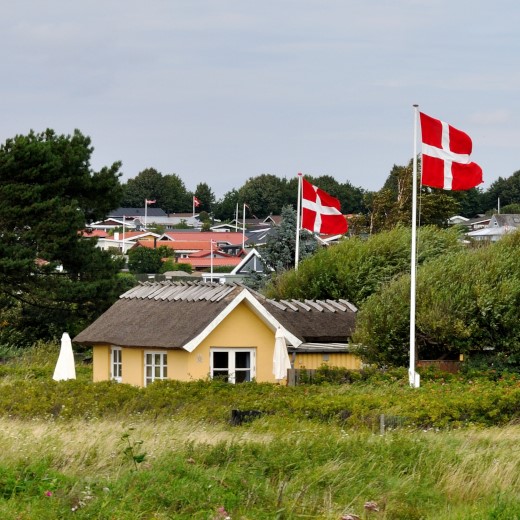
The heating bill is very high in summer homes with indoor swimming pools because it costs a lot of money to heat the water to about 30 degrees Celsius. But it is possible to save money and, more importantly, reduce CO2 emissions by up to 30 percent if we enable utilization of the surplus production of wind and solar energy to heat the water.
That is the message from DTU, the holiday house rental agency NOVASOL and others, who are now embarking on further developing a recently completed project with smart control of heating in summer homes with pools.
In selected pool houses in Blåvand on the west coast of Jutland, the water will be heated when power from wind turbines is available, and no heating will happen when the power comes from sources with higher CO2 footprint. Since the water stays warm for a long time, guests will experience no loss of comfort related to the CO2-based heating management.
The price of electricity fluctuates around the clock and is most expensive when power is in great demand. Therefore, holiday house owners and renters will be able to save money if they heat up the water at other times. Further savings will be made if energy taxes in the future are regulated according to the CO2 load.
The new project will be run under the auspices of Denmark's new national research centre for green transition, Center Denmark, through the project 'FED' - Flexible Energy Denmark, which the Innovation Fund Denmark supports with DKK 30 million.
“Today, wind turbines are often stopped, and thus lots of green power is wasted. The summer house initiative with NOVASOL means that we can use the vacation houses as existing giant batteries where we can store green energy for use when the power is more ‘brown’. This enables us to promote the green transition here and now through smart management,” says Henrik Madsen, Head of Center for CITIES and head of the FED project under Center Denmark.
FED works to ensure that the flexibility in the electricity grid is utilized and at the same time educate us on how Denmark can best achieve a balance between energy production and consumption in the green transition and avoid expanding the electricity grid with, for example, more wind turbines.
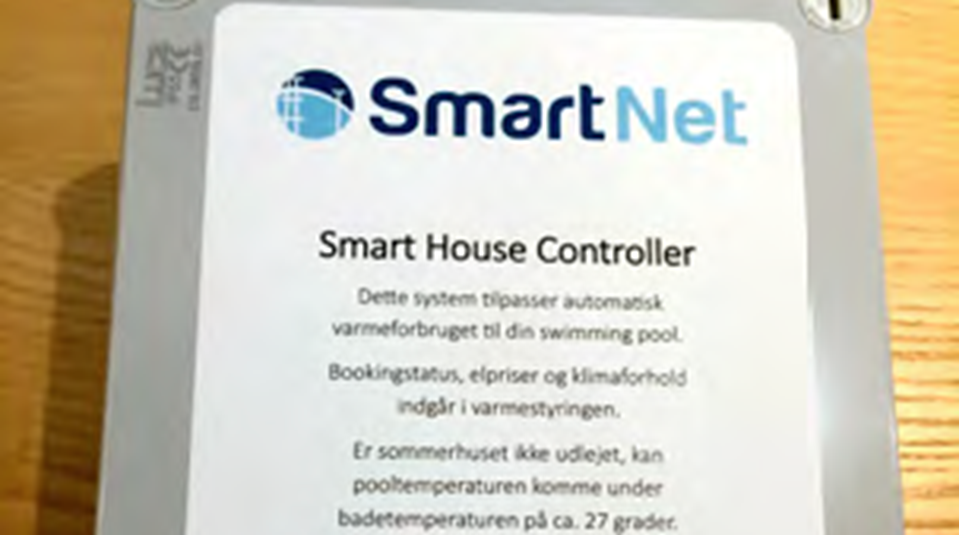
Sensor box talks with the central server
The savings (CO2 and monetary) are achieved through relatively simple management. A sensor box in the summer house communicates with a central server that uses artificial intelligence to calculate the optimal time to heat the water.
An algorithm sorts through weather forecast data and compares it with rental information for the house. Then the server can tell the heat pump or electric heater in the house to start when the power available is climate-friendly.
In the previous project, the holiday house communicated with the server through the mobile network, but the connection was often unstable. Nevertheless, considerable savings were achieved. Now the plan is to use the more stable internet connections (e.g. fibre), which are already installed in many vacation houses, and the equipment will be updated as well.
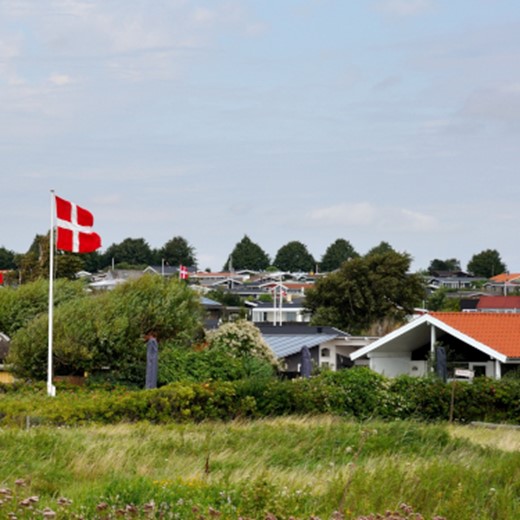
NOVASOL sees gains in several places
At the holiday house rental company NOVASOL, Thomas Kieldsen, Group Business Development Manager, is looking forward to testing the method further because it is the way to more climate-friendly holiday houses:
“As a company, we would never have been able to start something like this if we had not received the help of the DTU engineers, as it requires a lot of computer technology and mathematical algorithms (machine learning),” says Thomas Kieldsen.
With regards to its company brand, NOVASOL hopes that participation in the research projects will benefit the holiday rental agency, just as branding can be a deciding factor for the holiday-house owners, among whom not one has refused to participate in the project.
“Holiday-house owners could never on their own establish a solution like the one they received through this project. It is also conceivable that in future, guests will choose the house where the CO2 impact is significantly reduced compared to the neighbouring holiday houses if the rent and location are about the same,” says Thomas Kieldsen.
"NOVASOL's ambitions go further than the FED project, because we believe so much in the concept that a larger propagation of it will enable us to reach concrete CO2 reduction already in 2020. At the same time we have the volume to propagate the solution to the rest of the country to our nearly 1,000 homes with indoor pool in Denmark, each of which consumesmore than 30,000 Kwh a year, so a 30% reduction will make a difference,” he says.
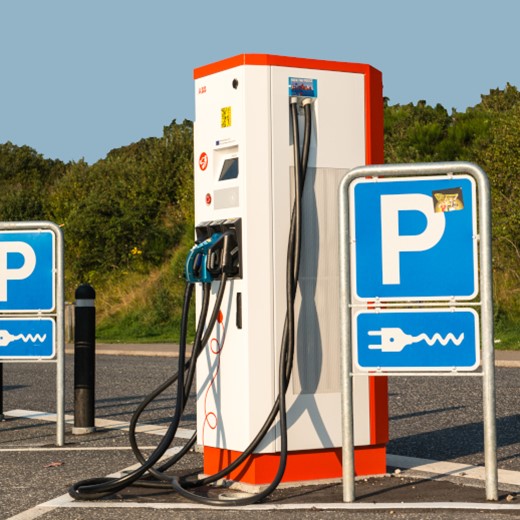
Industry Association interested
At Denmark’s Democratic Festival on Bornholm (Folkemødet) in June, Professor Henrik Madsen participated in a debate with the Danish Holiday Home Association, where he talked about the results of the original holiday house project.
Now, the industry association welcomes the continuation of the FED project in Blåvand, says Deputy Director Poul Fejer Christiansen:
“We are very interested in initiatives that can make our industry more climate-friendly. Here, the FED project fits well with our desire to create an image of the holiday house industry in Denmark as caring about the climate.”
Poul Fejer Christiansen hopes that the potential for utilizing green surplus power will be even further expanded.
“We expect many of our German holidaymakers to drive electric cars in the future. If we can offer our guests the chance to charge their car at night using wind turbine power, we will strengthen the green image we have started to build, and that we want to show the outside world,” he says.

